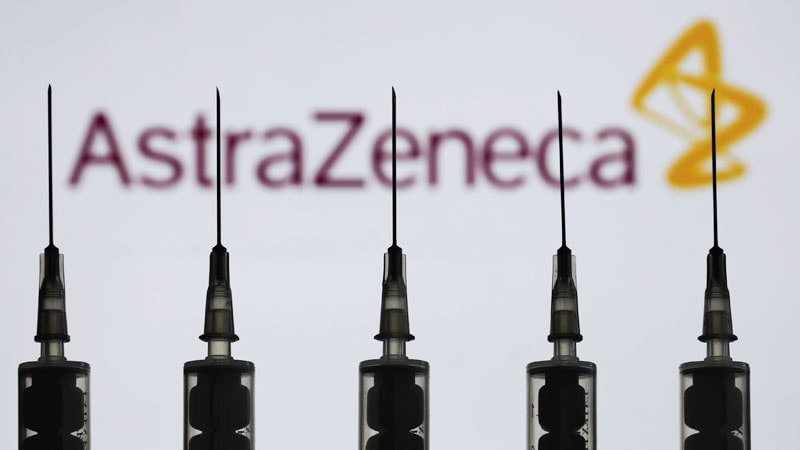Northerner
Admin (Retired)
- Relationship to Diabetes
- Type 1
A nationwide analysis of over 2.5 million Scottish adults who received a first dose of the Oxford/AstraZeneca or Pfizer/BioNTech vaccine between December 2020 and April 2021 has confirmed a small increased risk of immune thrombocytopenic purpura (ITP) and other bleeding and vascular events associated with the Oxford/AstraZeneca vaccine.
However, the research, published in Nature Medicine, suggests the risks are comparable with those seen with other vaccines, including vaccines against hepatitis B, measles, mumps and rubella, and influenza.
The authors found that Oxford/AstraZeneca was associated with a slightly increased risk of ITP up to 27 days after vaccination. The estimated frequency was 1.13 cases per 100,000 first-dose vaccinations.
Those at greatest risk of ITP tended to be older (median age, ≥69 years old) and had at least one underlying chronic health problem, such as coronary heart disease, diabetes, or chronic kidney disease.

 www.medscape.com
www.medscape.com
However, the research, published in Nature Medicine, suggests the risks are comparable with those seen with other vaccines, including vaccines against hepatitis B, measles, mumps and rubella, and influenza.
The authors found that Oxford/AstraZeneca was associated with a slightly increased risk of ITP up to 27 days after vaccination. The estimated frequency was 1.13 cases per 100,000 first-dose vaccinations.
Those at greatest risk of ITP tended to be older (median age, ≥69 years old) and had at least one underlying chronic health problem, such as coronary heart disease, diabetes, or chronic kidney disease.

Scottish Study Estimates Risk of Bleeding and Clotting Disorders After AstraZeneca Vaccine
Estimated frequency of immune thrombocytopenic purpura was 1.13 cases per 100,000 first doses of the Oxford-AstraZeneca.
